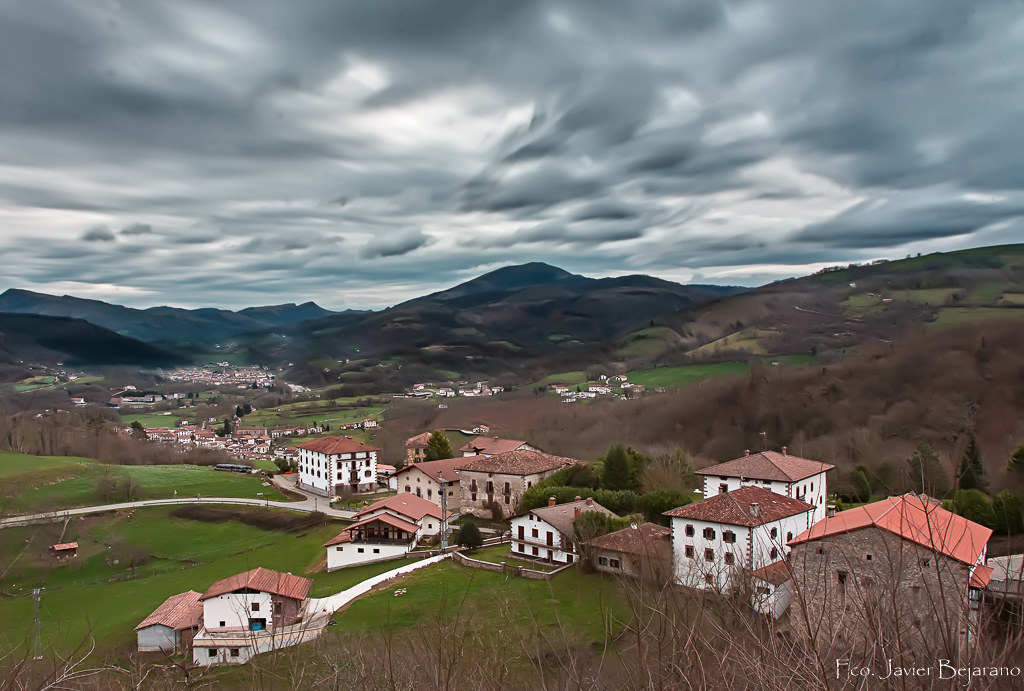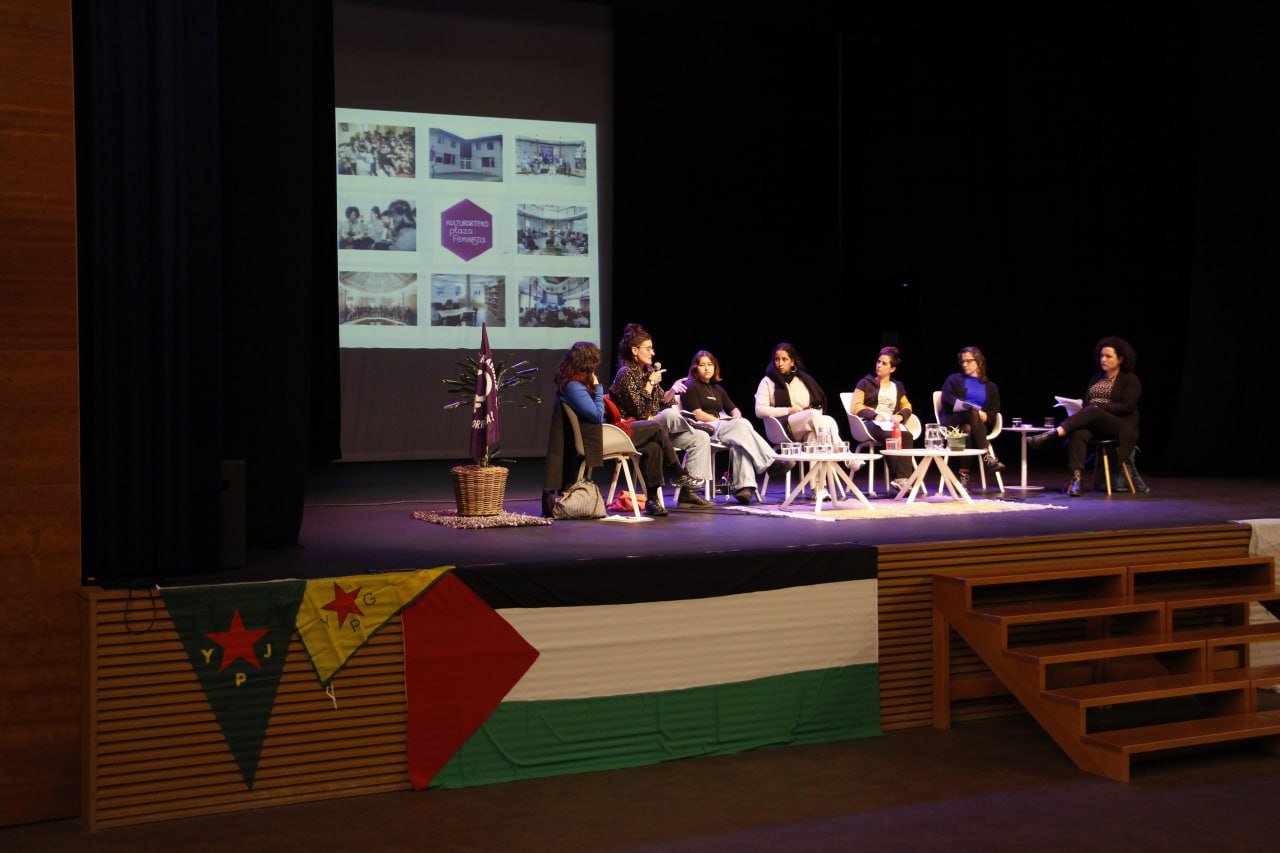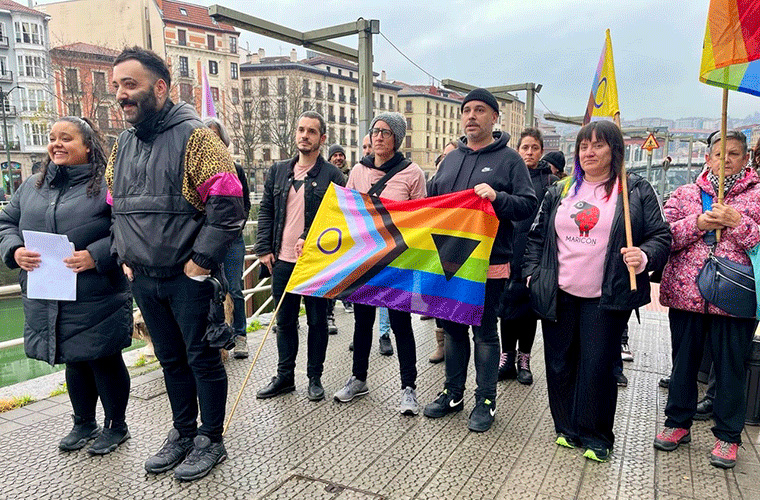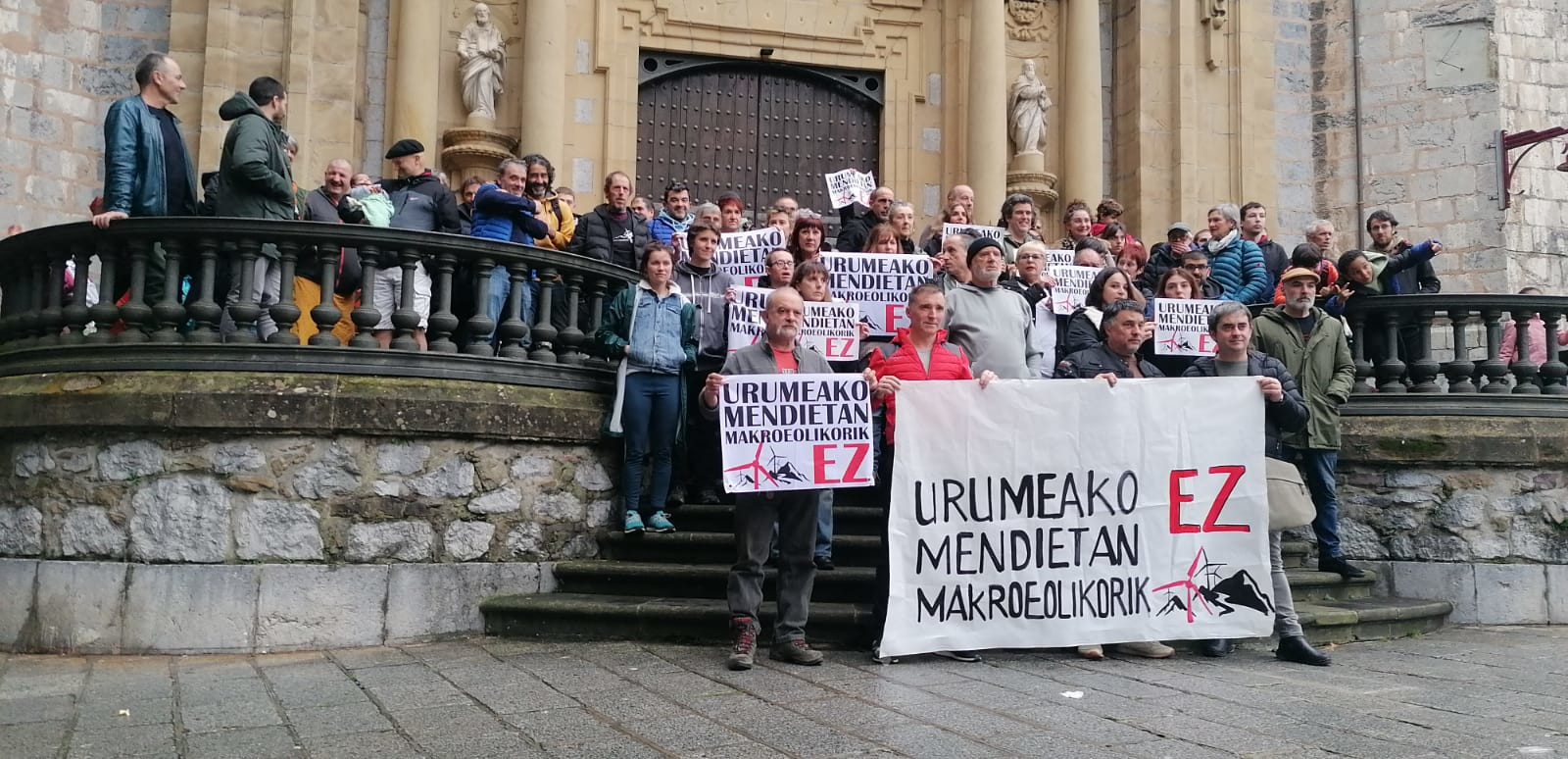"Since the problem is constitutional, the Constitution will have to be amended"
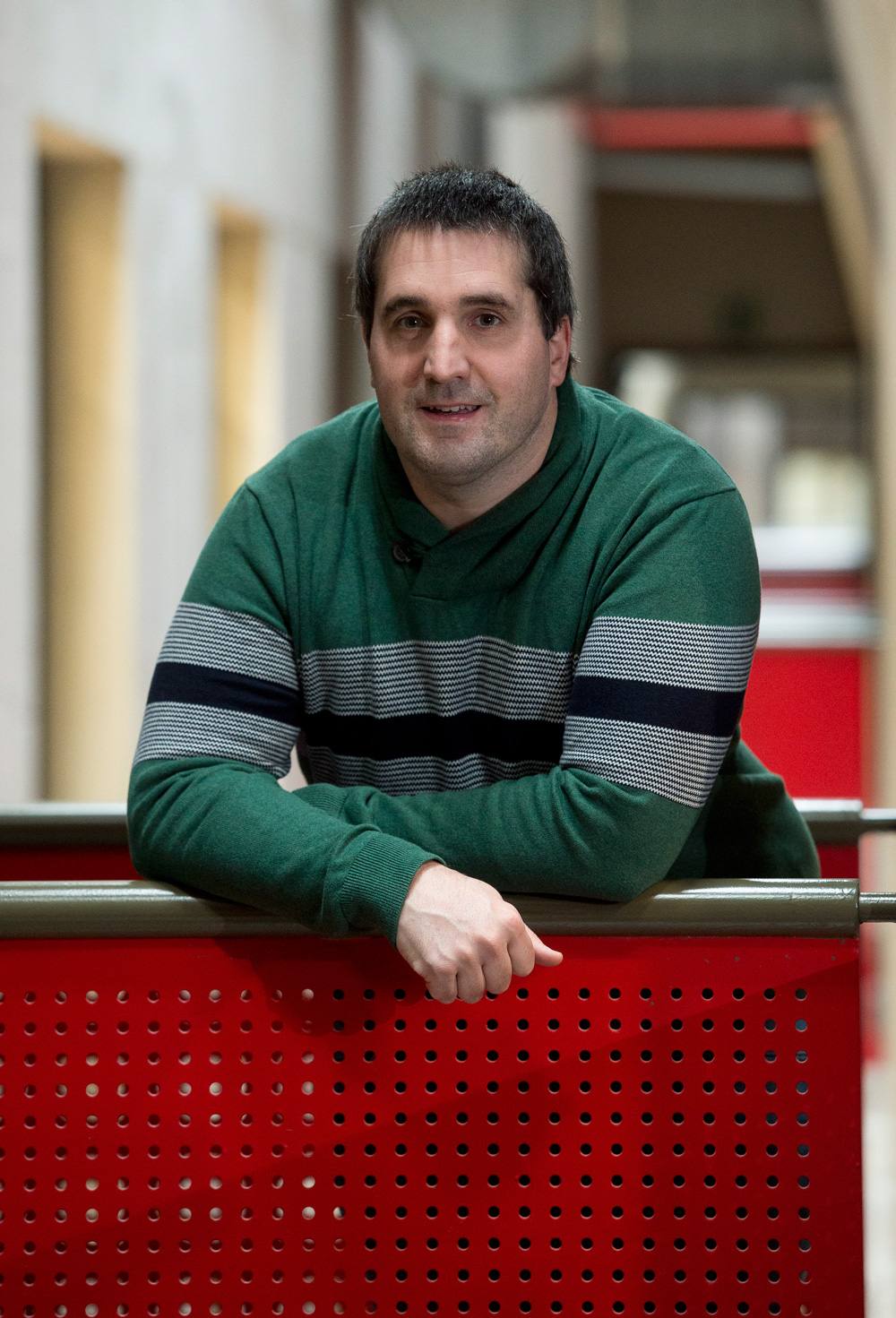
The French Constitutional Council suspended on 21 May the historic right to offer a model of immersion in local languages in public and private schools, with this victory 44 days after the vote on the Molac Law. In this sense, Eneritz Zabaleta explained in detail what this resolution entails, paying attention to the ways that allow guaranteeing and developing the immersion model.
The Constitutional Council decided in May that the offer of the model of immersion in local languages goes against the Constitution. Did the sentence surprise you?
It is true that he followed the line he has always had, but in spite of everything I found it hard. I was a little surprised, because it was stronger than in the past. Already in 2001 it issued a judgment on immersion, in which it somehow distinguished public schools, for which the opposition was widespread, from concerted schools such as the ikastolas and the diwanes, for which it permitted. I thought that in this period, too, I was going to stay there, that I was not going to doubt the contractual classes. In the end it does and I find it very hard.
A few days later, however, the Constitutional Council itself announced by note that the judgment would only serve public schools. The resolution or the note, who has legal value?
The decision is valid. Within the Constitutional Council, the existence of Calapitas or controversies is noted, since days after the publication of this note the note was again amended, as it was considered that the public service was considered in its entirety, not only public schools. We have since learned that some members did not know the subject in a violent way and that others took the opportunity to go against immersion in local languages.
Can the resolution have an effect on the public integration of schools under contract?
To cover the running costs, the village houses must allocate an amount of money, which is also valid if the village child goes to school in the neighboring locality. In practice, this obligation is not always fulfilled. What's going to happen? These contracts must be paid to the extent that they are maintained, as laid down by law. But the question is: What will happen to these contracts? Can't the ministry change the model of immersion in order to continue with the question contracts? We are in uncertainty.
In order to offer the model of immersion in the public school, the right to experimentation has been exercised. Does the Constitutional Council’s ruling also put an end to this mechanism?
The condition for the experimentation mechanism to come into being is that you can experiment against the law (experience a new mechanism to see if it is generalised by law), but you cannot experience something that goes against the Constitution. Hitherto, it was possible to experience immersion, because it was not clearly stated that it was contrary to the Constitution. But we now have a clear ruling that says that it goes against Article 2 of the Constitution and that it cannot be applied in public schools. There is the doubt and the path that has been worked on in the struggle is to errate that what is experienced in the public school is not a model of immersion defined by the Constitutional Council. But again, there's a lot of uncertainty. What will the Rector's attitude be towards these experiments? They say that this class input has been passed normally, but then the question is a big symbol. What will happen in the future? What will the Rectorado decide?
In the end, they can cut roads that develop in the past.
Yes. Furthermore, Article 62 of the Constitution states that the judgments of the Constitution Council are mandatory by the public authorities. This means that if things continue as before, they do not comply with that judgment and that there will be a time when the judgment will be applied to them. All current models are questioned, and that's where the risk lies.
140 parliamentarians called in June for the amendment of the Constitution. How is the Constitution technically modified?
We have this initiative and the report by two parliamentarians in July. The latter also makes it clear that if the Constitution is not amended there are not many possibilities. This Macron legislature is not going to be done because the elections are very close. In any case it would be from 2022 onwards. There are two ways of amending the Constitution. One, which ends with a referendum, that is to say that the parliamentarians, having voted on the same text in Parliament and in the Senate, ratify it by referendum, which I do not think we will see one day. The other is the presidential route, in which they also have to vote on the same text, and then the French president decides to refer the text to the parliamentary way, to convene the Congress to the special parliament, all the members of the Parliament and the Senate meet in the same house and in the vote a majority of 60% is needed to achieve change.
He referred to the report presented to the government by parliamentarians Kerlogot and Euzet on 21 July. What is your reading?
I am told that this is a very timid report. This report had to present alternatives, but in the end what it does is to reaffirm the legal problem. It raises several clues, but always specifying that they are legally dangerous. In this respect, the amendment of the Constitution is the only legal way to resolve the situation, without which we will always be in uncertainty.
That requires a political desire and we do not have a family.
That is what is said in the parliamentary report, because they are not in favour of amending the Constitution, they are not in favour of the debate on local languages. The altar must be placed in the public square, so that the candidates can commit themselves and then be appointed president to fulfill the promise. Unfortunately, we know that promises are not always kept, the promise to ratify the European Treaty on Minority Languages has been made twice and has never been discharged.
He's been in the public square. Do you think it will continue like this in the nearest and a half future?
I think it's going to be the next fight. It will have to be organised well, a special platform will have to be created that requires the amendment of the Constitution. When they are presidential, there is always an argument about local languages, but I believe that more work will have to be done in this period: lobbying, mobilising and involving themselves in the candidate’s programmes. That will be the current struggle.
Can Europe be the way to gain recognition of minority languages?
I could legally say no. Language policy does not fall within the competence of the European Union and allows States relative freedom to regulate the treatment of languages. Legally, therefore, I do not see any great roads out there. Mention has also been made of the runway of the European Court of Human Rights in Strasbourg. This body was created by the Council of Europe, but it also leaves states great freedom in the field of linguistic rights because it considers that the European Convention on Human Rights, agreed in 1951, does not cover language rights. I therefore find it difficult legally to see the way to punish or condemn France from Europe.
If the European Treaty on Minority Languages were ratified, would it have more value than the ruling of the Constitutional Council?
The fact is that in order to ratify this Treaty the Constitution should be amended, because the judges say that this Treaty creates rights that are incompatible with the Constitution. In the end we are facing the same problem. The problem is constitutional, so the Constitution will have to be amended, because we will find ourselves in an uncertain or even worse situation.
The Rector responds to requests for space on the spot. Are they in a Jacobin attitude or do they appear punctual positions in favour of the local languages?
The Rectorado is finally subject to the principle of hierarchy and must apply the precepts of the Ministry of Education. Since Jean-Michel Blanquer is the Minister of Education, they have been in a tougher position in the rectorship and inspection. However, if the issue is not topical, perhaps the Rector has more freedom and possibilities, but if the issue is fashionable, they will seek a compromise, always applying the ministerial principles. The slogan given by the Government is that this year ' s school should be integrated as before, i.e. with no emotion. This is the case this year, but from now on the situation is getting worse.
EHGAMek Axel hotelaren irregulartasunei jarritako helegitearen inguruko isiltasun administratiboaren ondoren, hotelaren itxiera eskatzen du eta hainbat eragileekin batera prentsaurrekoa eman dute.







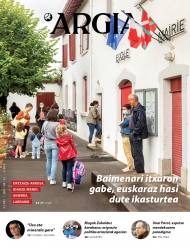

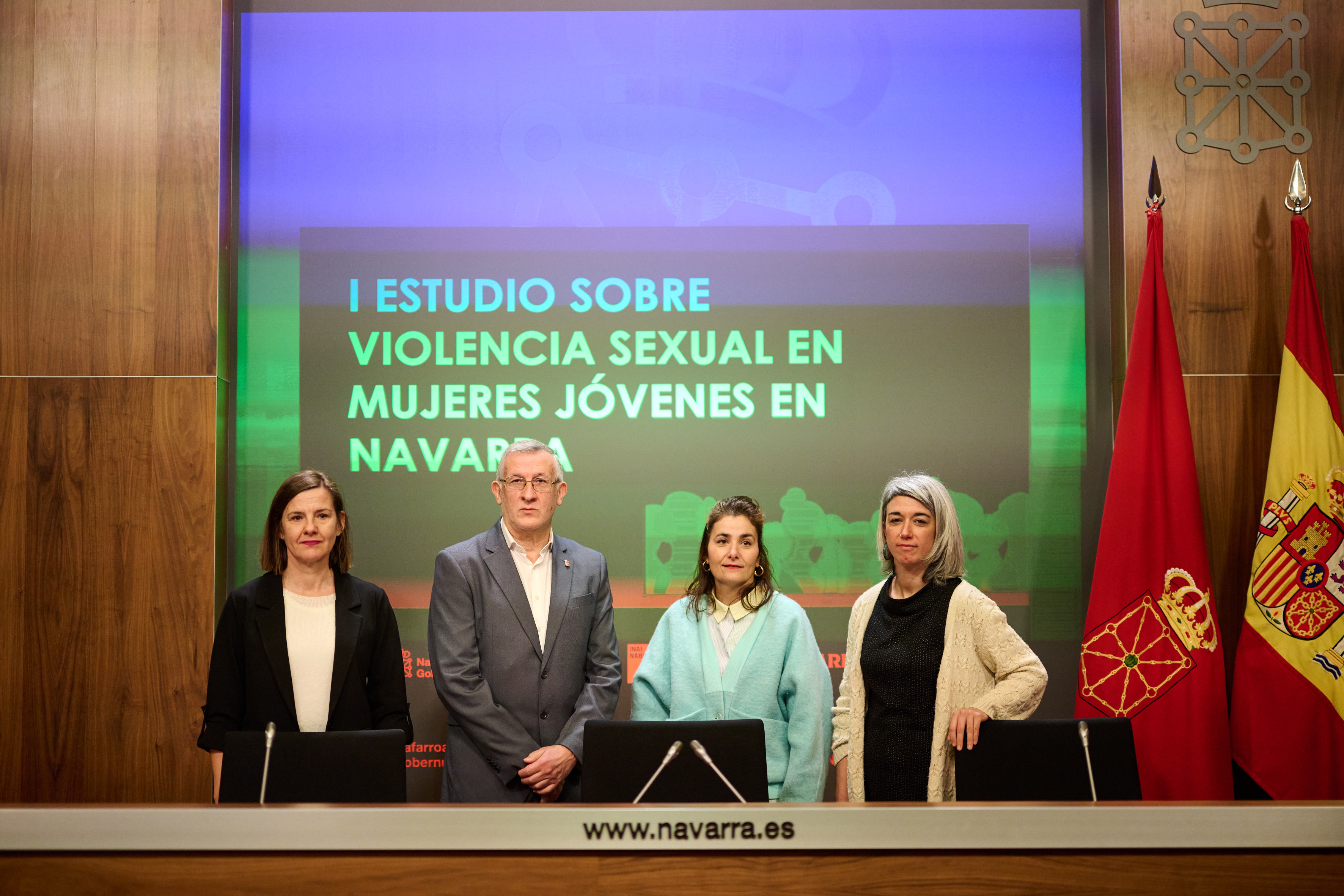
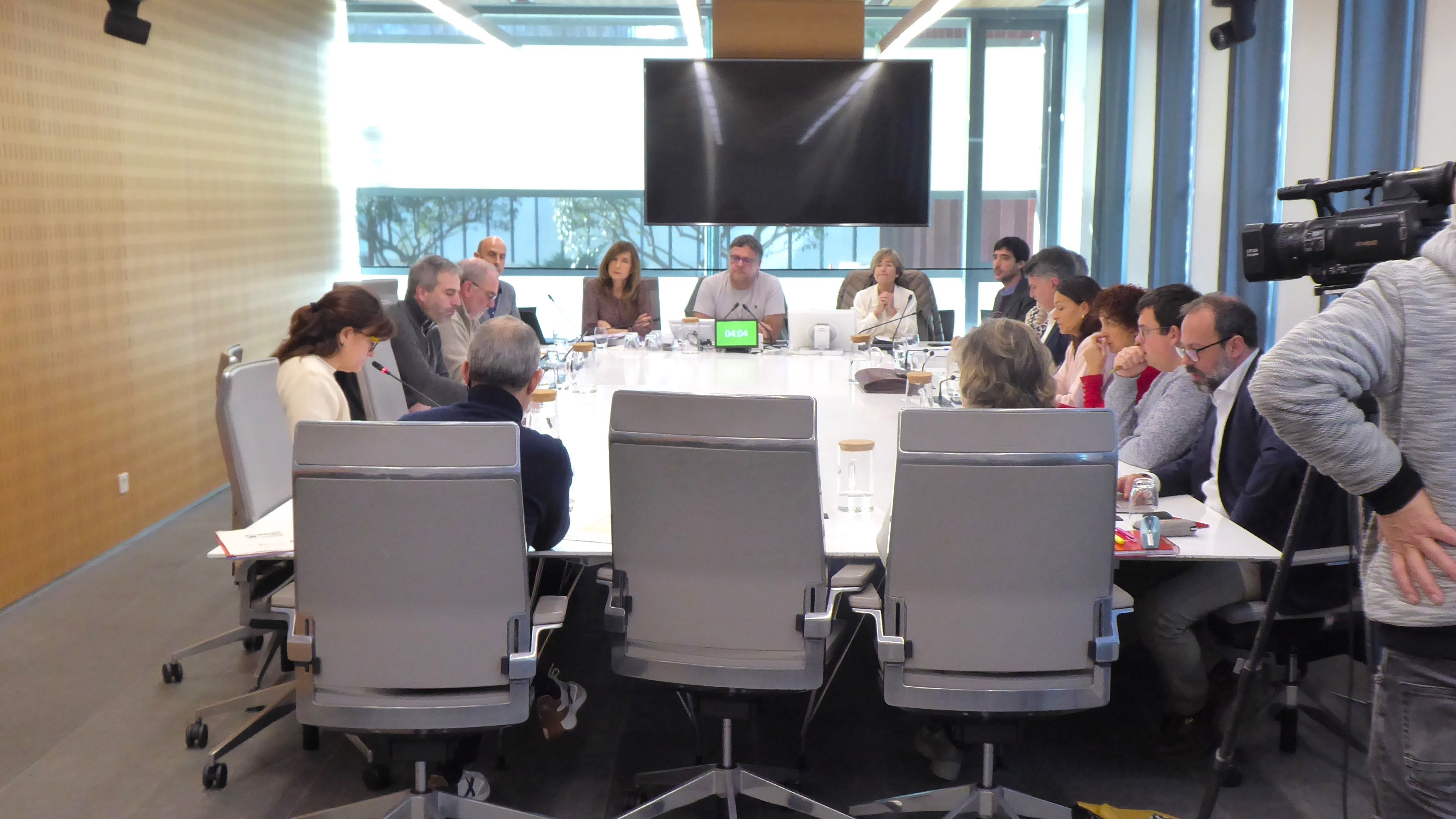


.jpg)
